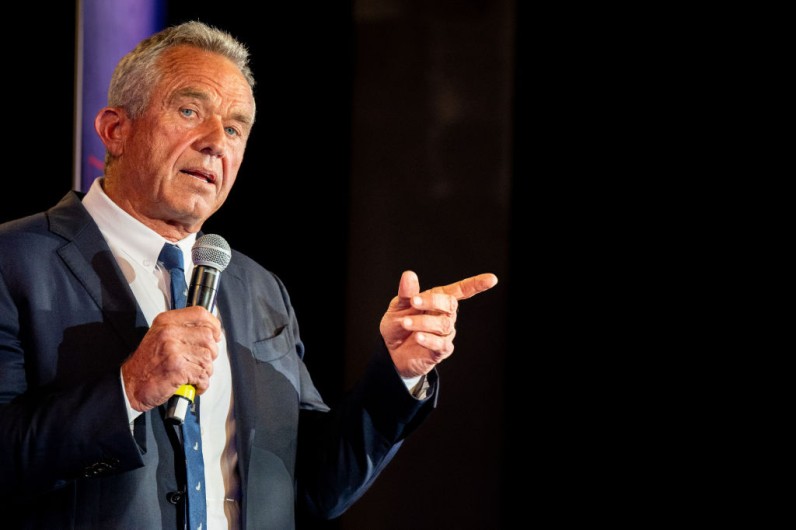
Robert F. Kennedy Jr. has pledged to provide significant financial support to black farmers if he is elected as the President in 2024.
Kennedy, a former Democrat who has now become a third-party insurgent, recently discussed his views on a podcast episode with John Boyd Jr., the founder of the National Black Farmers Association (NBFA).
RFK Jr. Unveils $5 Billion Reparations Plan
The lack of financial assistance from the US Department of Agriculture (USDA) under Biden's America Rescue Plan in 2021 has left Black farmers struggling after suffering losses during the COVID-19 pandemic.
Fox News said Boyd Jr. pointed out that while Biden has made student debt relief a priority, he has not addressed the specific debt relief needs of Black farmers.
Boyd Jr. expressed his refusal to back Biden's reelection campaign, citing concerns over the President's alleged neglect of the challenges faced by Black farmers who are facing land loss.
According to him, the USDA had the authority to seize property from farmers who applied for aid from the $5 billion debt relief fund that was part of the American Rescue Plan Act.
In 2021, President Biden expressed his commitment to supporting farmers and ranchers who have faced financial losses due to the COVID-19 pandemic.
According to the USDA's agricultural website, a specific group of farmers has faced racial or ethnic prejudice due to their identity as members of a particular group, regardless of their individual qualities.
The farmers were unable to receive the relief package, as the funds were held up in court due to legal challenges from certain farmers who argued that the debt relief violated their constitutional rights.
Support for Minority Farmers in the US
Kennedy expressed his determination to address the issue of diluted provisions in the USDA and secure financial support for black farmers during his potential tenure in the White House.
Kennedy is implementing multiple initiatives to position himself to the left of Biden on the issue of reparations.
For years, minority farmers have consistently argued that they have been unjustly denied access to farm loans and other forms of government assistance.
In 1999 and 2010, federal agriculture officials reached settlements with black farmers who had filed lawsuits alleging discrimination by the agency.
According to Agriculture Secretary Tom Vilsack, the disparity has become more pronounced during the pandemic.
"For generations, socially disadvantaged farmers have struggled to fully succeed due to systemic discrimination and a cycle of debt," he shared with The Washington Post.
According to data from the USDA, there has been a significant decline in the number of black farmers over the past century, with the current figure standing at 45,000.







Join the Conversation